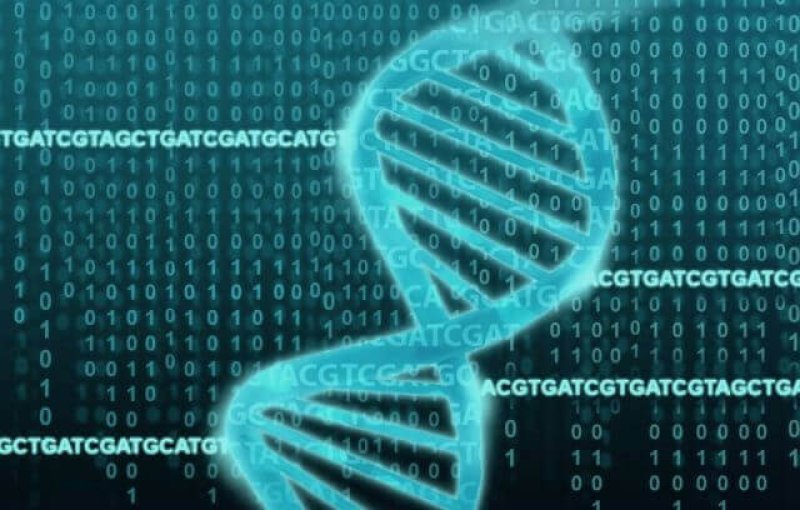One of the most exciting prospects about gene technology is the development of precision or personalized medicine. The field, which enables interventions specific to a patient or population of genetically similar individuals, is expected to reach $87 billion by 2023. Historically, cost and technology limited the implementation of personalized medicine, but machine learning techniques are helping to overcome these barriers. Machines help identify patterns within genetic data sets and then computer models can make predictions about an individual’s odds of developing a disease or responding to interventions.
Google’s tool DeepVariant uses the latest AI techniques to turn high-throughput sequencing (HTS) into a more accurate picture of a full genome.
…
The Canadian start-up Deep Genomics uses its AI platform to decode the meaning of the genome to determine the best drug therapies for an individual based on the DNA of the cell. The company’s learning software analyzes mutations and uses what it’s seen in the hundreds of thousands of mutation examples it’s analyzed to predict the impact of a mutation.
New cancer cases number millions annually, but chemotherapies and drugs have inconsistent success. Companies such as Sophia Genetics hope that by using artificial intelligence to identify genetic mutations, physicians will be able to prescribe the best drug treatment for each individual patient.
…
Artificial intelligence and machine learning help make gene editing initiatives more accurate, cheaper and easier.
Read full, original post: The Amazing Ways Artificial Intelligence Is Transforming Genomics and Gene Editing































